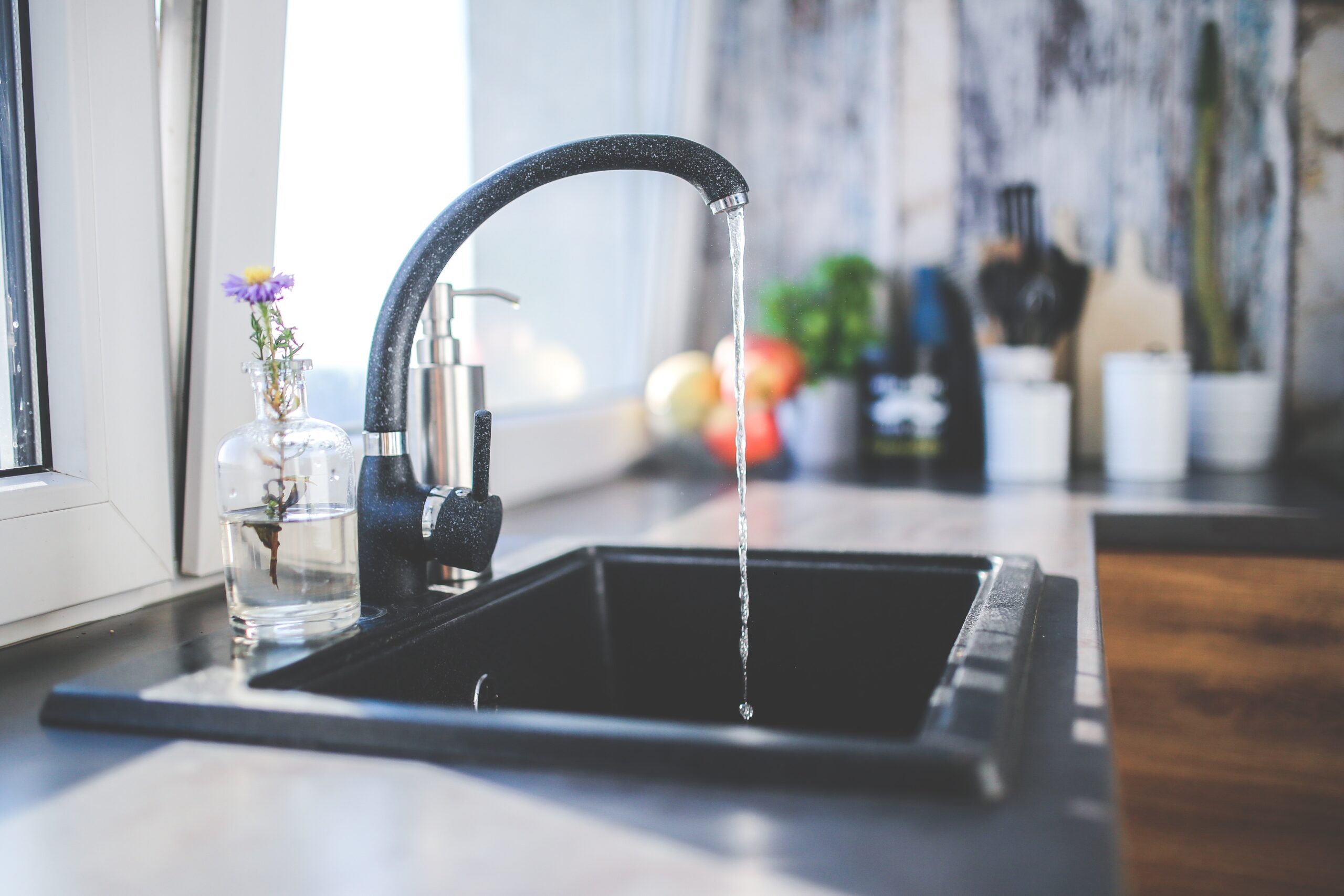No homeowner wants to deal with kitchen plumbing problems. These plumbing problems range from leaky pipes to blocked sinks to jammed garbage disposals. While no one would sabotage their plumbing on purpose, people do certain things that exacerbate the situation.
Here is a list of kitchen plumbing dos and don’ts to help you keep your kitchen plumbing clean and healthy:
Kitchen Plumbing Dos
Always Have Your Plumber’s Phone Number
No matter how careful you are in the kitchen, things can always go wrong suddenly. A disaster that you cannot fix can hit your kitchen plumbing system. Consequently, you need your plumber’s contact details in your phone book. That way, you will quickly call the plumber in the event of a plumbing emergency in your kitchen.
Remove Sediments from Your Water Heater’s Drain
Every six months, you need to drain and remove sediments from your heater’s drain. The accumulated sediments tend to harden and reduce the water heater efficiency. This plumbing issue eventually causes permanent damage.
Clean Aerators on All Faucets
The water you use often contains minerals and chemicals that can build up and clog the faucet holes. This clogging slows down the flow of water. If you don’t clean your faucet, the accumulated chemicals will reduce your water pressure. They will also affect the taste of your water, leaving it unfit for consumption.
Use Cold Water at High Pressure When Using the Garbage Disposal
Coldwater at full pressure helps avoid clogging your garbage disposal and breaks down fat and grease into tiny particles.
Put Ice in Your Garbage Disposal
The sound of ice getting churned in the garbage disposal may sound like something is breaking, but it helps sharpen the blades. The sharper the blades, the more effective the garbage disposal system installation.
Service Your Dishwasher Regularly
Servicing your dishwasher often will ensure that it runs smoothly. When cleaning your dishwasher, be sure to clean the filter basket of food waste thoroughly. Doing this will make the filter basket more efficient. Routine cleaning and servicing your dishwasher will keep complex plumbing problems and stubborn clogs at bay.
Use a Probiotic Drain Cleaner
Regular use of a probiotic cleaner will keep your pipes clean and take care of the environment. The probiotic cleaner will feed on oils, fats, and organic matter that may block your pipes if left unaddressed.
Kitchen Plumbing Don’ts
Avoid Using Caustic Drain Cleaners
While caustic drain cleaner provides quick results for your blocked drain, they offer a temporary solution. Caustic drain cleaners only provide a small path through the blockage. They never clear the pipe completely. This chemical is also dangerous and toxic to the environment.
Don’t Rinse Coffee Grounds in Your Sink
Coffee grounds tend to clump together, blocking your sink. The best place to dispose of these leftovers is in a compost bin or the garbage bin.
Don’t Keep Your Wastebasket Under the Sink
Having your wastebasket under the sink increases the risk of it hitting and bumping your drainpipes. Over time, this could lead to breakages and pipe leaks.
Don’t Put High-Fiber Materials in the Garbage Disposal System
Ensure that celery, corn husks, and onion skins don’t get into your garbage disposal. The fiberin these items is likely to thread, causing your disposer to strain and burn out.
Never Pour Cooking Fat or Oil into Your Sink
Cooking fat and oil tends to harden when in confined places and will cause build-up in your sewer lines and pipes. Over time, this will lead to sewage overflow, clogged pipes, and drain issues. These plumbing problems are expensive to fix.
Don’t Pour Gelatinous Foods Down the Drain
Gelatinous foods, flour, and rice tend to swell when they get into contact with water, causing blockage of the drains.
Don’t Leave Tea Leaves at the S-Bend
Tea leaves are a blocking agent and will build up at the S-bend. This build-up prevents water from draining properly.
Don’t Overload Your Garbage Disposal System
While some food scraps are minute in size, you should avoid disposing them in non-food items or too much food waste at once. Your garbage disposal already works hard, and it can break down easily from the overload.
Never Leave Dirty Plates with Leftovers on the Dishwasher
Leaving dirty plates with leftovers can lead to clogs. Over time, these clogs will cause draining issues and make the dishwasher ineffective. Remember that the dishwasher collects food debris that could easily clog your garbage disposal system.
Kitchen plumbing is an essential part of a properly functioning kitchen. The things you do (or don’t) to your kitchen plumbing can mean the difference between an efficient and inefficient kitchen. When it’s just you and your family at home, you can decide to implement the aforementioned tips to avoid plumbing problems in your kitchen. While these dos and don’ts look obvious, they have the potential to transform your kitchen plumbing notably. Try them out today to significantly lower the chances of emergencies striking your kitchen plumbing.
The post Kitchen Plumbing Tips: The Dos and Don’ts to Keep Your Kitchen Clean and Healthy appeared first on Enterprise Podcast Network – EPN.
